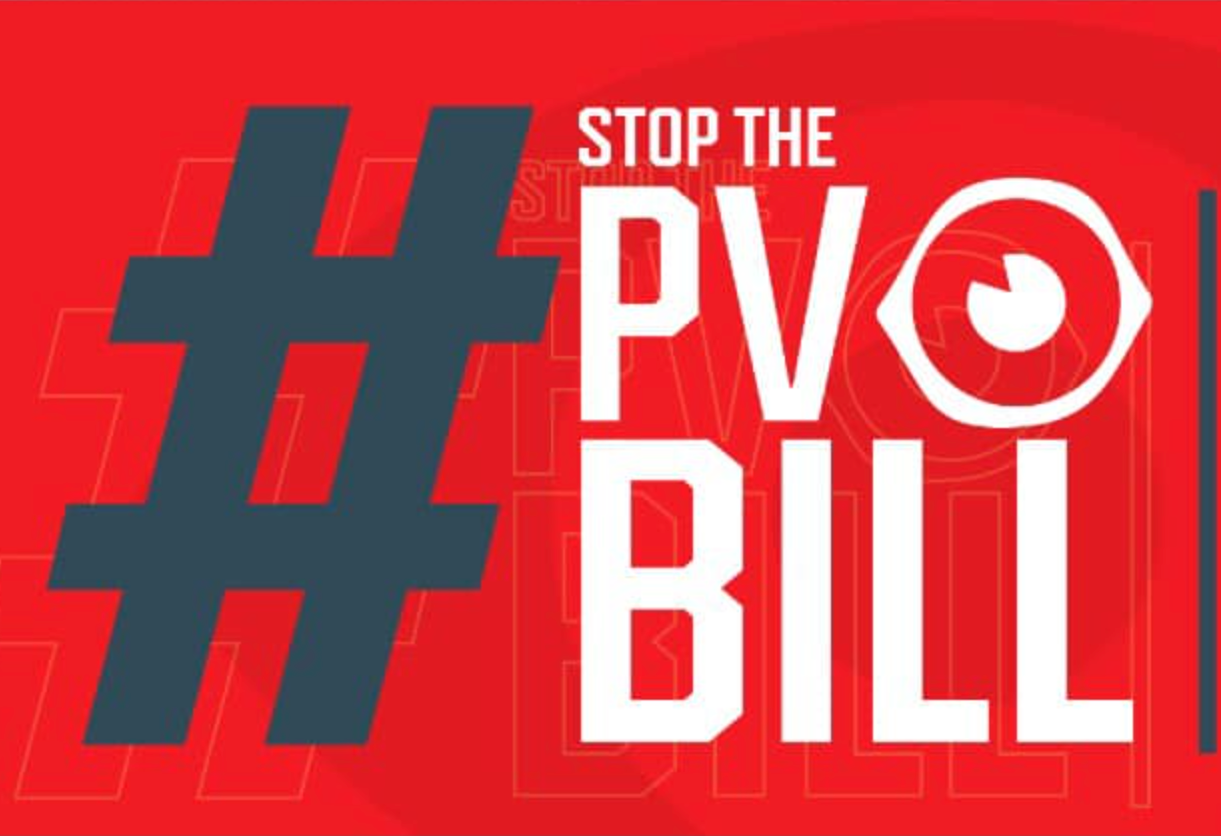The Zimbabwe Coalition on Debt and Development (ZIMCODD) has warned that the PVO Amendment Bill will hamper the country’s re-engagement processes with the international community as it will affect democratic processes.
The Bill seeks to regulate the registration and operation of NGOs in Zimbabwe while regulating their operations, curbing money laundering and use of civic society for illegal financial flows.
The bill has already gone through the first and second readings in the National Assembly, with CSOs worried that it passed without contest.
Ever since the proposed law was mooted, civic society organisations have opposed the PVO Bill citing that the government sought to use it as a weapon to reign in NGOs and that it could reverse progress made on development indicators.
“Unjustified action against NGOs defeats re-engagement efforts with the international community which are key to economic recovery. This is because re-engagement efforts are premised on democratic indicators which will be affected by continuing shrinking of civic space,” the socioeconomic watchdog said.
ZIMCODD said legislators and the Executive should take note of the work done by NGOs and seek to support them as they were humanitarian players.
“They should not hamper the assistance that the vulnerable and marginalised communities receive by allowing the PVO Amendment Bill to pass as it reads now.”
The socioeconomic watchdog also recommended that “legislators should protect the social contract with citizens and seek to expand rather than shrink democratic space by hindering the efforts of nonprofits.”
They also underlined that NGOs were doing “important” work in democracy, human rights protection, humanitarian or disaster response, gender and disability mainstreaming, Water and Sanitation, HIV programming and many other sectors.
Socioeconomic indicators for these sectors have improved significantly due to the assistance of NGO’s given to state actors, ZIMCODD claimed, warning progress may be hampered if these partners are deregistered or curtailed in any way.
ZIMCODD pointed out that the PVO Bill amendments lacked public consultation and public hearing, which were constitutional mandates that must be done before passing a law.
“Stakeholders have the right to input their views and concerns. If it is to stand, the processes of public consultation should be conducted extensively,” said the organisation.
“The bill restricts democratic space. Freedoms of association and assembly should be upheld and guaranteed for communities including NGOs, CSOs and Community Based Organisations (CBOs.) Operating environment for NGOs should be liberal and civil society should have the right to participate in governance processes and to hold the government account as the system of checks and balances allows.”

